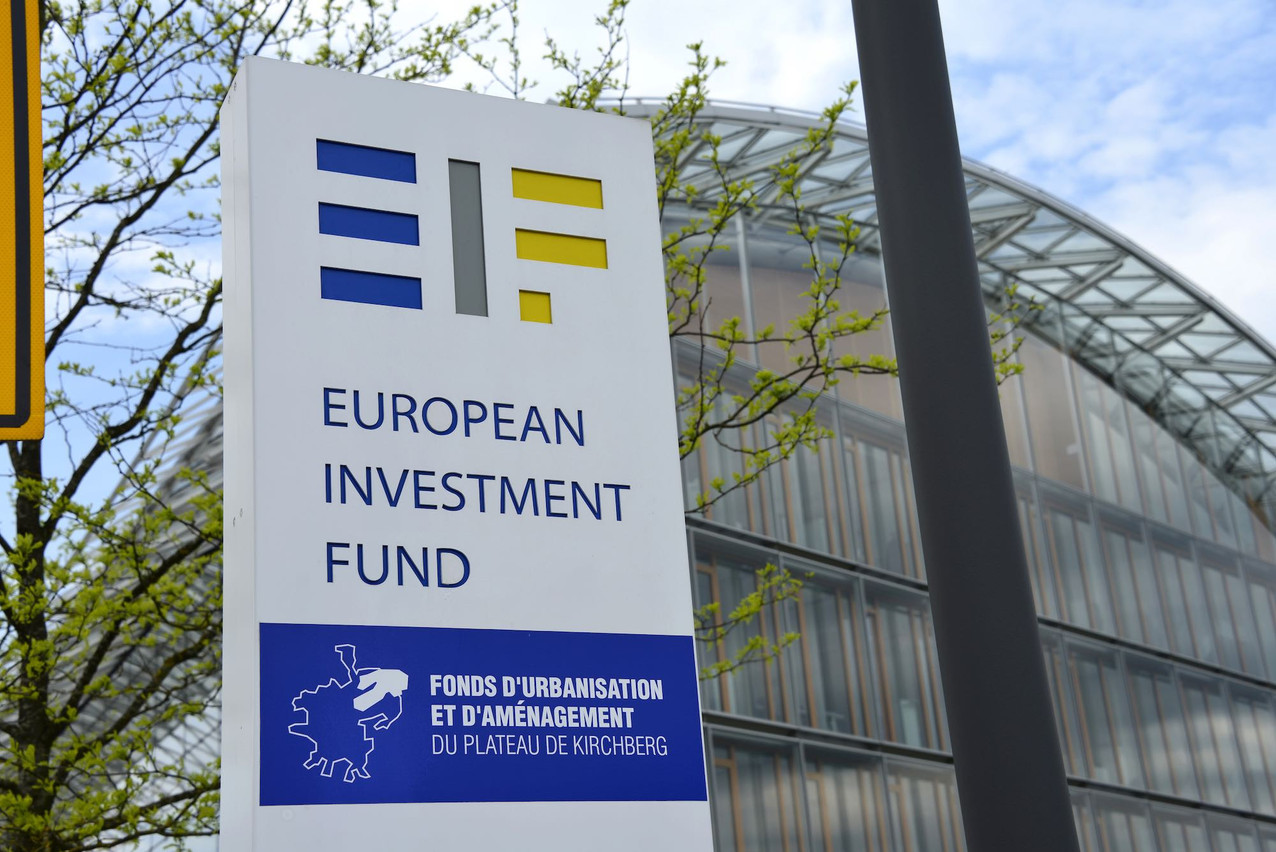The role of European Investment Fund is to support the “real economy in Europe through its small and midsize enterprises or SMEs,” said Alessandro Tappi, chief investment officer at the EIF, during a conference in Luxembourg on 3 May. He mentioned that the EIF started to invest in VCs before moving into PEs at a later stage.
Tappi explained that its goals reflect “the wish of its shareholders, the European Investment Bank, the majority shareholder, the European Commission and a number of financial institutions.” The EIF “combines policies with economic and financial return objectives.”
A fund of funds investor
The primary role of the EIF is to provide guarantees for loans--“close to 400,000 SMEs are supported every year”. The second role is to “operate as a fund of funds” as the EIF “never invests directly into companies,” Tappi said. In addition to European VCs and PEs, the EIF added recently private credit and infrastructure funds to their platform.
Tappi noted that an important activity for the EIF is to identify the best funds and to partner with institutional investors to enable them to gain substantial diversification benefits. These investors--European and non-European--are sometimes experts in their local markets but are looking to enhance their geographical imprint or are entities missing the critical mass or the investment capabilities to invest in the lower end companies.
When “observing some market failings”, the EIF plays the role of “market developer” by helping “GPs to establish [their business], said Marco Natoli, the fund’s head of private equity, northern, eastern & southern Europe. In addition, the participation of the EIF, as a first mover, may catalyse the interest of private investors and help GPs to launch and close a new fund. This is the policy role.
On the other hand, public money is not used for the funds that can be launched successfully and independently. Yet, the EIF can give private money access to these funds, as their success contributes to the benefit of European companies. The EIF sees itself as an advisor and facilitator, as many private investors can only access the best European PE/VC funds through the EIF. Indeed, these PE/VC funds may only accept money from known investors.
[EIF is] far away from the paradigm of speculating on companies, loading them with debt, squeezing them and generating money out of leverage.
By partnering with EIF, Natoli suggested that the institutional investors can “maximise the opportunities” as the EIF invests in funds in multiple markets in Europe and chooses, what it thinks, are the best managers. The EIF is responsible for the investment process and is “selecting funds creating value through the growth of underlying companies,” Natoli said.
Creating value through growth, not leverage
According to Natoli, the goal of the fund is to “grow the companies by making them stronger, larger and better resulting into the expansion of the Ebitda multiple.” He claimed that that they can achieve these outcomes by buying lagging companies in a niche and then “grow them to become European leaders or global challengers being on the top three of their market segments.”
Natoli added that “only 2% of the value created by these strategies are based on financial leverage or financial engineering.” He explained that the EIF is “far away from the paradigm of speculating on companies, loading them with debt, squeezing them and generating money out of leverage.” By helping these companies to grow intrinsically, it enables the funds to sell off these companies in “all market conditions, even during downturns”.
A strong track record to tempt institutional investors
Over the last 20 years, Natoli believes that the EIF has managed to “generate stable and consistent returns over economic cycle” as evidence by a reported IRR (internal rate of return) of around 17%-18% for every 3 years investment vintages in the 2003-2016 period except for the 2006-08 vintage which displayed an IRR of 11.5% despite going through the Great Financial Crisis.
As further evidence of their continued success, Natoli pointed to the early performance of a 2018-20 closed end fund of funds in private equities (Asset Management Umbrella Fund) which has already achieved an 8.6% return (net of fees), as of 31 December 2022. The above compartment deployed €377m in 23 funds supporting more than 390 European companies. In order to reassure investors, the EIF “is investing its own money” into the AMUF representing 2.5% of the committed funds to ensure the align the interest of the EIF and the investors.
The EIF intends to replicate the performance of previous compartments through the launch of a second-generation fund of funds by investing around €500m into 20-25 funds targeting more than 200 companies with enterprise valuations between €10m and €250m. The launch, Natoli said, “is imminent” and the EIF expects to achieve the “first closing in the coming weeks” given the commitment of three large investors.
This article was published for the Delano Finance newsletter, the weekly source for financial news in Luxembourg. .
